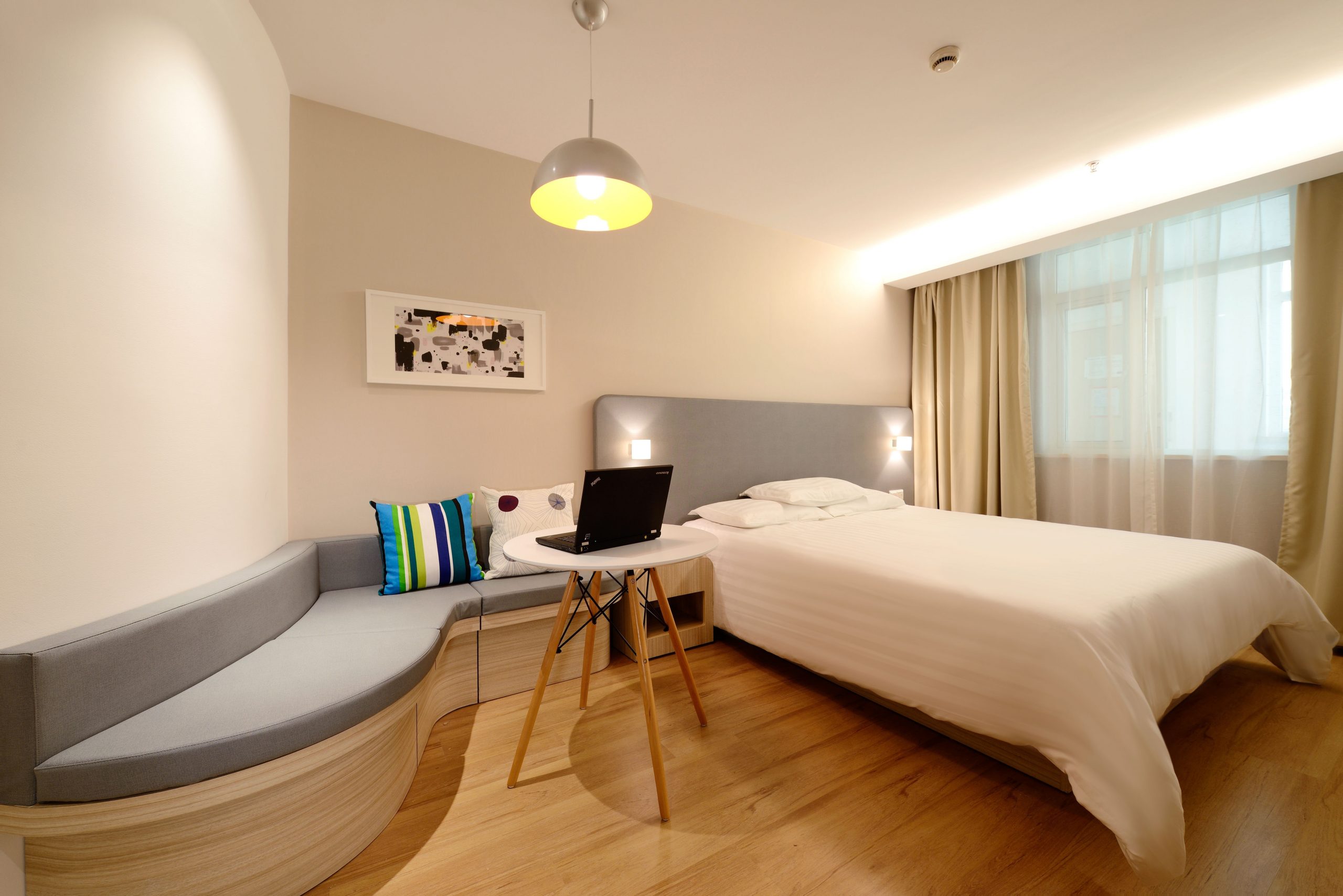If you want to turn off your home’s natural gas, here are the steps to do it.
Homeowners should be very careful about what they do when turning on and off the natural gas in their homes. They should be aware of all the different options for turning on and off natural gas – some can have devastating consequences that could damage their homes. How to turn your home’s natural gas on or off is a serious subject that needs professional advice from an energy expert in order to avoid costly repairs or even a complete replacement of your home’s electrical infrastructure.
The following article is for homeowners who want to know how to switch over from one type of natural gas lines (such as propane) to another without having the possibility of damage or fire:
Today, natural gas is an essential part in families’ living. But on the other hand, it also has serious consequences if neglected. By fixing this problem, you can prevent your family and friends from getting sick and dying.
This article is an advice that you can use in your home to make yourself comfortable, save money and protect against natural gas leaks.
The guide will help you to save money by fixing your home and preventing natural gas leaks. It also provides tips on how to fix minor electrical problems that you may have, such as a broken light socket or a loose window shade.
Natural gas is a crucial source of energy for most homes and offices in Canada. But if your natural gas bill is skyrocketing, it’s time to look into how to stop this.
There are a lot of ways to make sure that you do not have to pay for natural gas. Here are some tips.
“The Average American is likely to spend between $50 and $60 per month on natural gas bills.” – Energy Information Administration, 2014
There are a few options that you can use when it comes to avoiding having to pay for your natural gas bill. One of those options is by turning off the home’s natural gas supply all together. There are some scenarios where this may be necessary but most of the time this actually isn’t necessary and it can actually be very expensive if you turn off your home’s natural gas supply. So first know your potential losses associated with turning off your home’s natural gas supply:
1.) If you turn off the power, then there will be a lost demand of electricity from your electric company over a period of time that could range from one weekend or multiple weeks just depending on how much electricity they have
If you are living in a house and you want to make sure that your natural gas is turned off, here’s what you need to know:
In 2018, there were more than 7 billion natural gas (NG) taps installed in Canada. Natural gas is the main energy source for home heating. It has little carbon footprint and is a renewable source of energy.
For most people, their natural gas taps are turned on by default. If you live in a cold climate, your home could be the victims of freezing pipes that heat up naturally when the temperature drops below . Some of those homes have 12 forced-air heaters in them and have to be turned on or else they will burn out and leak dirty air into the house. There are also homes that use an electric device to turn on their tap without opening the door or turning it on manually – hence these devices are called “smart” outlets.
Natural gas can also be stored in tanks outside your home during wintertime (which needs not to be opened up). The tanks need to be kept filled with proper containers so that they don’t freeze and burst which causes flooding or
Natural gas (NGL) is pretty much everywhere. From the ground to the atmosphere and even up to vacuum cleaners. But, what’s the big deal? The thing is that in all these places, natural gas exists naturally. And if different types of natural gases have different properties, then it is easy to see why it might be a problem.
This article will give you an insight into the various types of natural gas appliances that catch our attention and explain why they might be just one step away from being dangerous. Some appliances are designed with simple features like air filtration and recirculating water systems whereas others may not have any obvious safety features but are still potentially dangerous when used incorrectly or improperly. So let’s go through them one by one!
After noticing that natural gas was being used for heating in the home, I decided to find out a way to turn it off. Unfortunately, my house has natural gas in it, which is very difficult to shut off. A lot of people have found ways to do it but I figured there had to be a better way.

